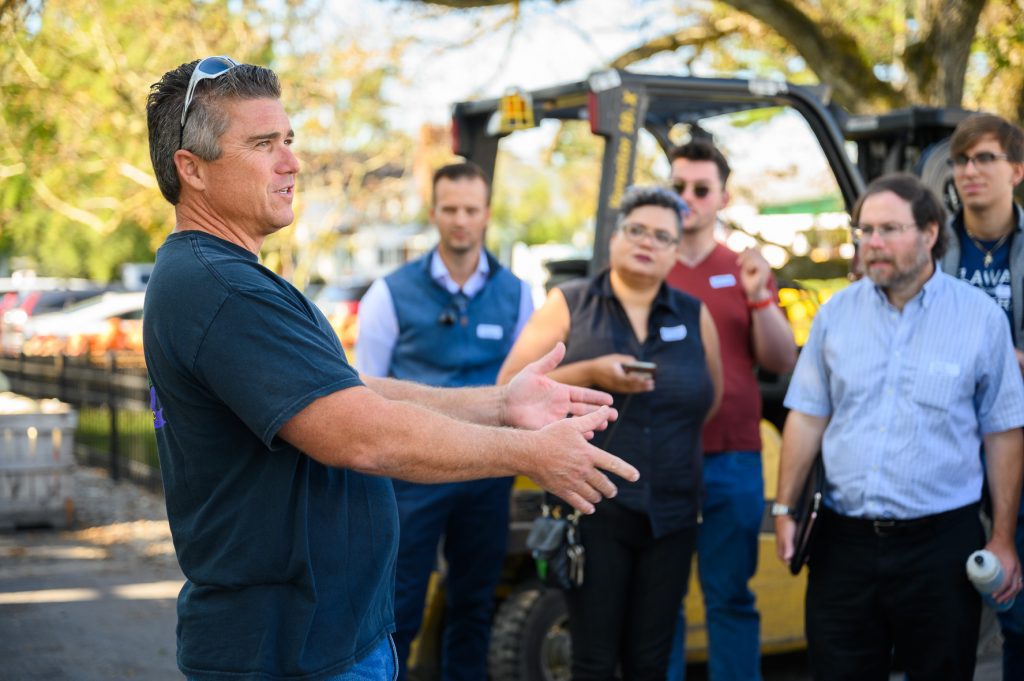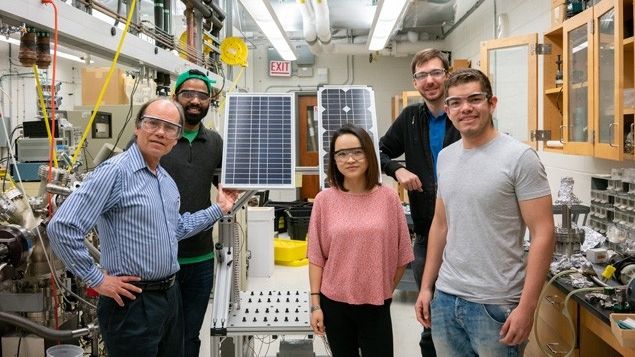Startup302 Info Session December 14, 2022
Recorded Information Session Shows Prospective Applicants How to Enter Startup302 Competition
WILMINGTON, Del. – Delaware’s Startup302 pitch contest recently hosted an online information session for prospective entrants to learn more about the competition’s requirements, prizes, presentation ideas and more. The 40-minute video may be viewed here.
Coordinated by Delaware Prosperity Partnership and partners from the Delaware business community, Startup302 supports entrepreneurs who need a boost for their business. Awards include cash grants, and participation benefits include mentorship opportunities and engagement with investors and key influencers.
Tech-enabled startups with at least one founder from an underrepresented group are invited to learn more about Startup302. Ventures in advanced materials, agriculture, bioscience, business/financial services, chemistry, esports and blue/green energy are especially encouraged to enter.
Underrepresented founders include women and African Americans, Latin Americans, Native Americans and members of the LGBTQ+ community. Startup302 aims to strengthen Delaware’s innovation ecosystem by improving access to funding and mentorship for underrepresented entrepreneurs while fostering diverse perspectives, promoting inclusive and equitable consideration and attracting diverse communities of founders to the region. As a result, startups don’t have to be Delaware-based to enter.
DPP’s Startup302 partners include First Founders, the Delaware Sustainable Chemistry Alliance, the University of Delaware’s Horn Entrepreneurship, True Access Capital’s Women’s Business Center, the Small Business Development Center, Delaware State University’s College of Business, PNC Bank and StartOut.
Contest details and the application are at startup302.org. Questions may be directed to DPP’s Erica Crell at ecrell@choosedelaware.com.
###
About Delaware Prosperity Partnership
Delaware Prosperity Partnership (choosedelaware.com) leads Delaware’s economic development efforts to attract, grow and retain businesses; to build a stronger entrepreneurial and innovation ecosystem; and to support employers in place marketing Delaware to potential employees, highlighting Delaware as a great place to work, live and play through its LiveLoveDelaware website. In partnership with economic development partners throughout the state, the DPP team works with site selectors, executives and developers focused on where to locate or grow a business and helps with reviewing potential sites, cost-of-living analyses and funding opportunities, including available tax credits and incentives. DPP advances a culture of innovation in Delaware, working with innovators and startups to spotlight and celebrate successes and connect them with the resources they need to succeed. DPP and its partnerships throughout Delaware support and advance the missions of companies of all sizes and sectors.
Newsletter Sign Up
Stay Up To Date With Delaware























